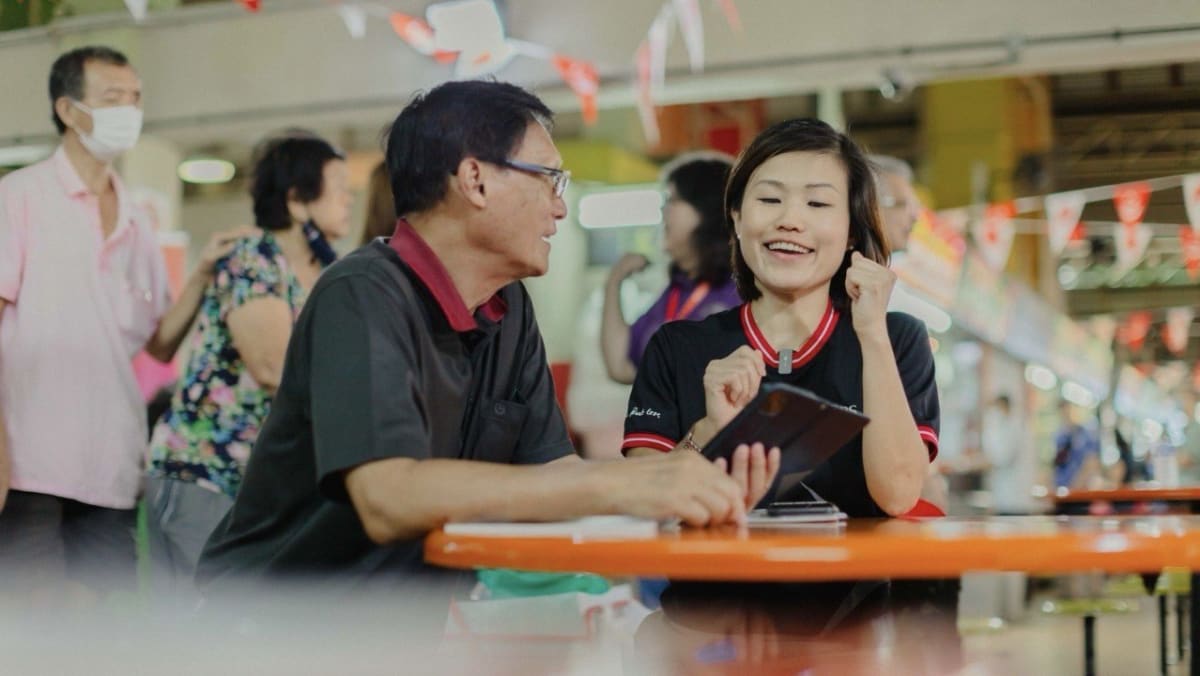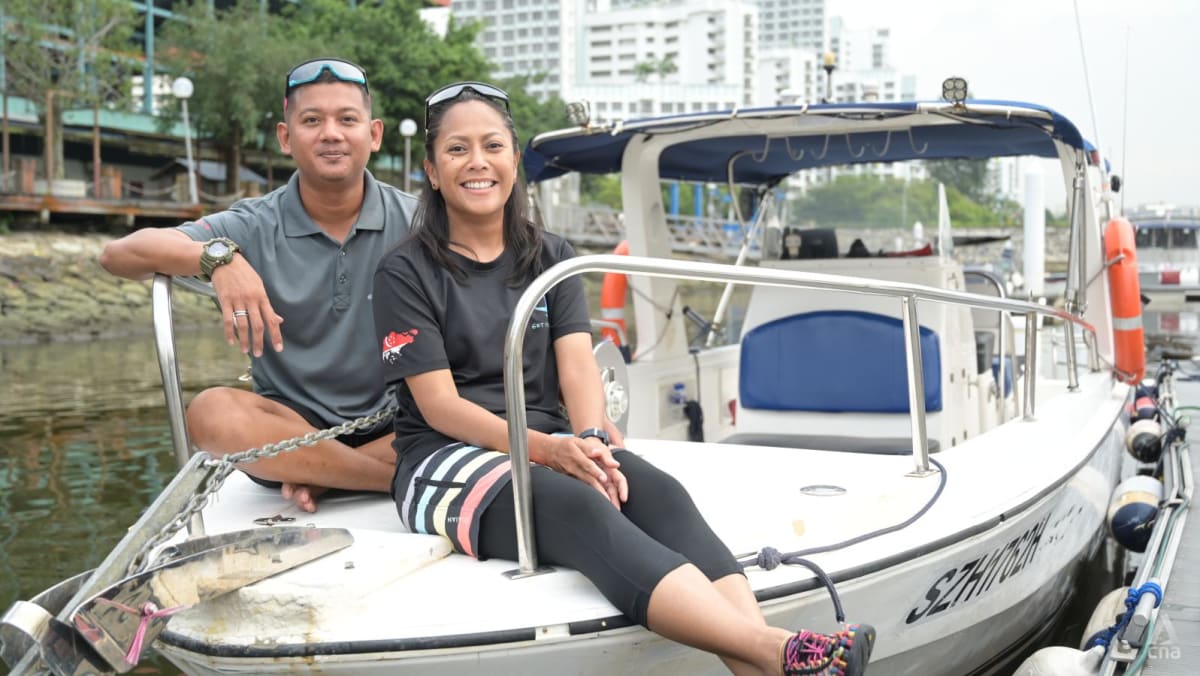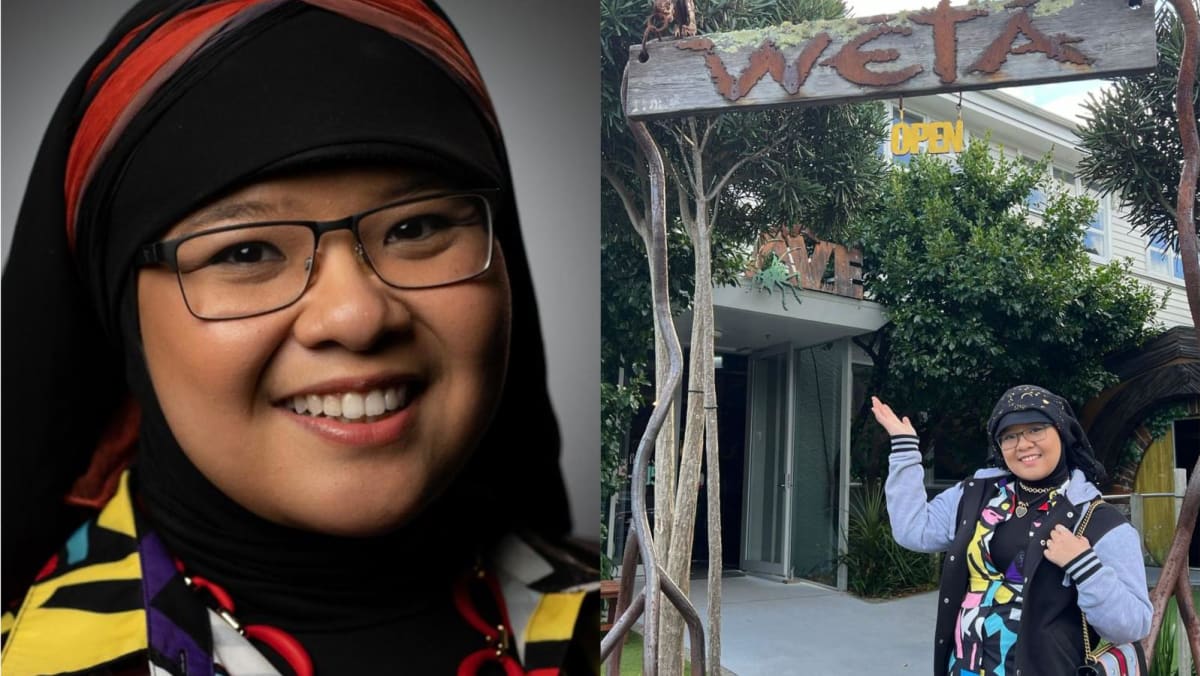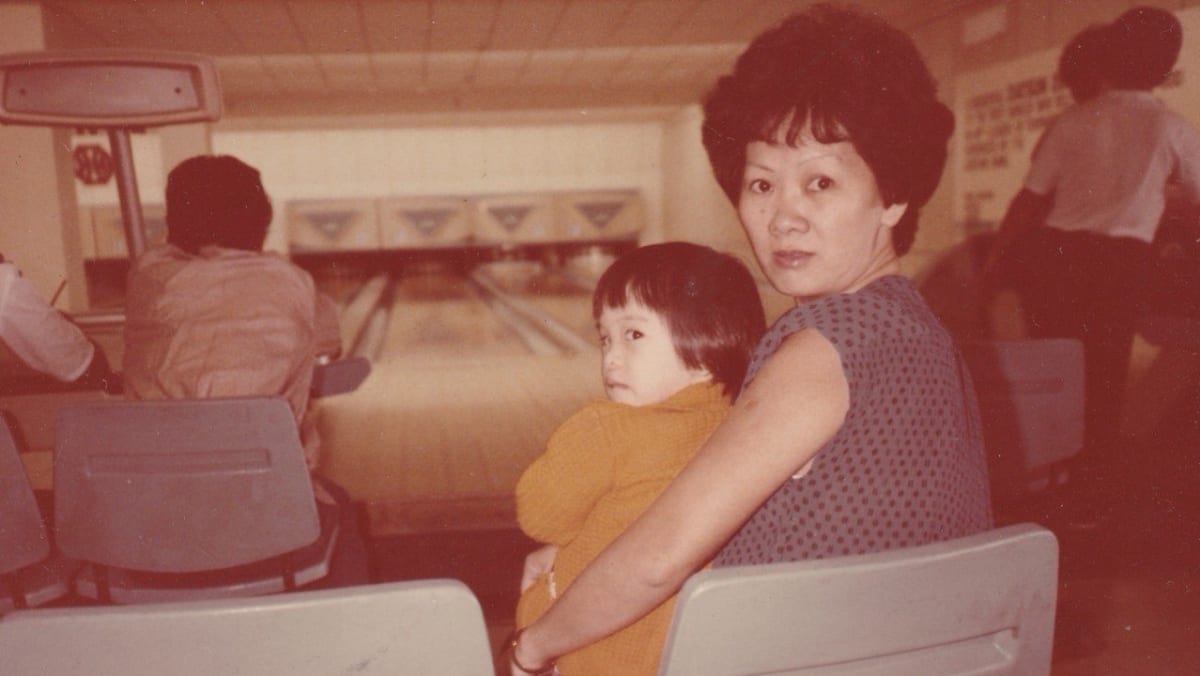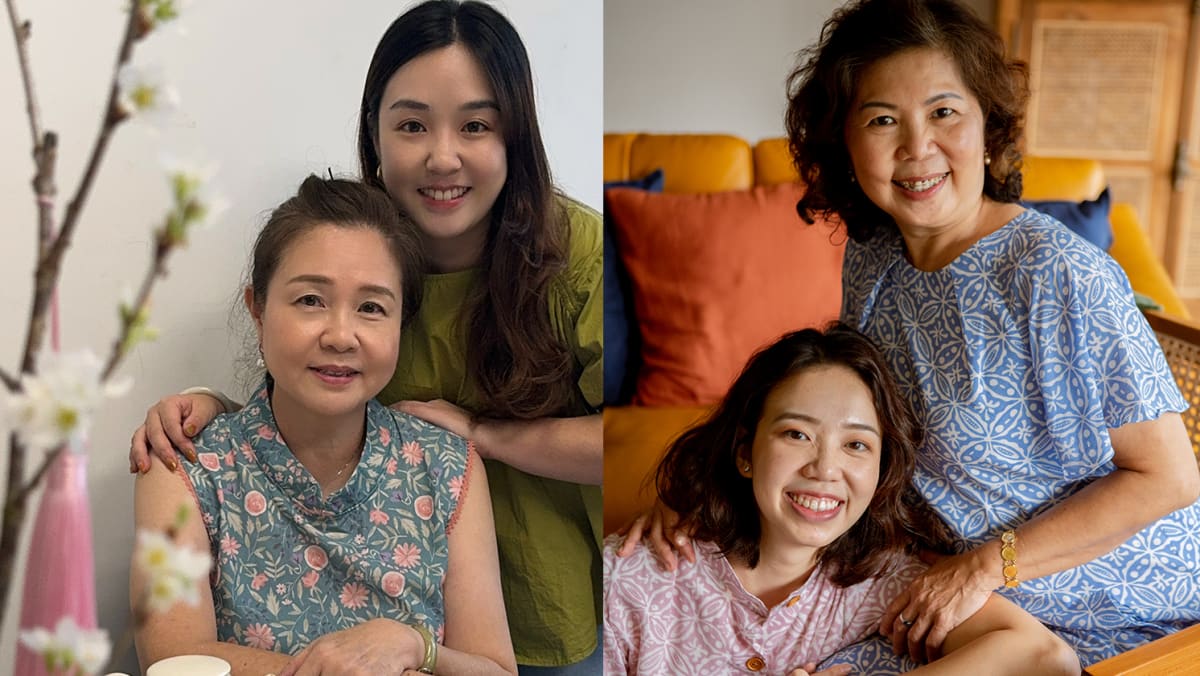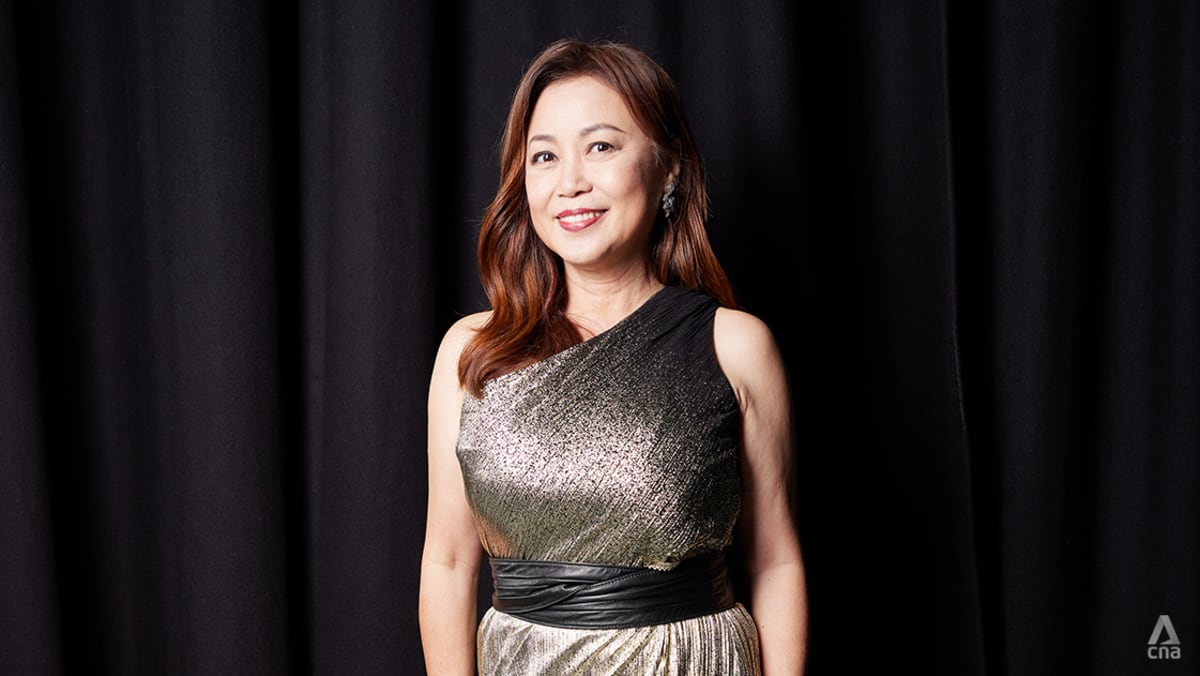“People from higher income families can afford to invest in their children, and invest in tuition and enrichment classes. While there’s still mobility for children from low-income families, parents don’t have the means to [invest in these] or have more urgent needs to meet,” she observed.
This is something that resonates with Tan, whose father was a sand truck driver and mother was a factory worker. Tan was a latchkey child.
“In primary one, I did very badly, especially for English. I got 50 to 60 marks. My English teacher wrote… just one handwritten sentence [in my report book]. She said, ‘She should talk less and read more’.
“It was super hurtful. After that, I kind of clammed up in class. But I started to read a lot. That taught me that harsh remarks really don’t need to define you. They can be motivators,” she told CNA Women.
“I also saw how hard my mum and dad worked and knew from a young age that they exchanged a lot of their own time and time with family for money.
“My mum always encouraged us to do better than her. That spurred me to work hard in school,” she added.
Her love for the notions of justice, equality and fairness inspired Tan to apply for law school and she started her career in litigation. However, she later moved into financial law because she identified it as her personal strength.
However, equity continued to appeal to Tan, and today, volunteer work helps her to realise these aspirations.
“Engaging with the more vulnerable, giving a bit of my time, resources and talents is my way of not just reaching out but also advocating and championing for these folks and friends. Each of us can do small things to lift up people in our immediate circle,” she said.





